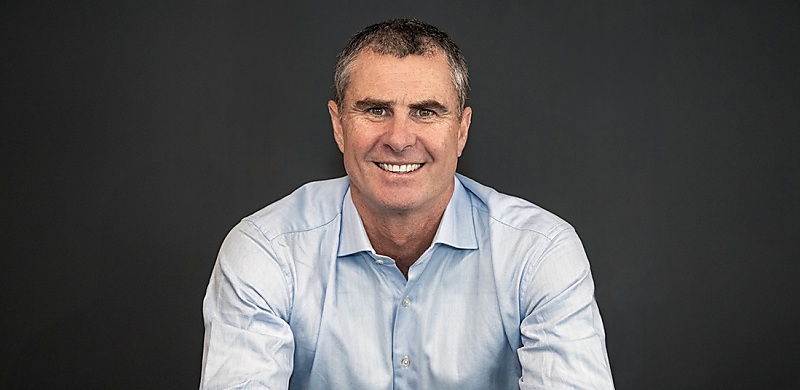
The Albanese government is lining up measures to boost housing supply and support small business lending in this evening’s budget.
This evening (25 March), the Albanese government will hand down its federal budget for the financial year 2025–26, setting out key initiatives that it would like to pass should it win the upcoming federal election.
Measures linked to the cost of living, housing, property, and support for small and medium-sized enterprises (SMEs) are all expected to feature when Treasurer Jim Chalmers releases the federal budget, with several initiatives already confirmed.
What to expect from the budget
As a federal election looms, the Albanese government will likely use the budget to try and sway voters and tackle major issues such as housing affordability and undersupply.
Labor has already committed to lift total commitments in housing to $33 billion through certain measures ahead of the budget, including those that aim to make it easier to buy homes and build houses faster. These include:
- Higher-income caps and property price limits for its shared equity Help to Buy scheme in a bid to help more first home buyers enter the market. The government will set aside $6.3 billion – an $800 million increase – for the scheme.
- Investing $54 million in prefabricated and modular home construction ($49.3 million to support state and territory governments to grow prefabricated and modular home construction and $4.7 million for a voluntary national certification process for off-site prefab home construction).
- Banning foreign buyers from purchasing existing homes for two years from 1 April 2025 to take pressure off the housing market.
- Rolling out the first two rounds of the $10 billion Housing Australia Future Fund, helping deliver approximately 18,000 social and affordable homes for those who need them most.
- Launching a $1 billion fund for crisis and transitional accommodation and investing $6.2 million over three years to support leading homelessness organisations.
- The provision of another $150 in Energy Bill Relief for households and around 1 million small businesses, extending energy rebates until the end of 2025.
- Cutting a further 20 per cent off all student loan debts, wiping around $16 billion in student debt for around 3 million Australians (which may benefit first-time buyers with student debt).
However inflationary concerns may limit the scale of further budgetary commitments linked to housing.
Rising calls for more SME support
In the run-up to the budget, members of the broking industry have been recommending changes to boost competition in the lending market and strengthen housing supply.
In its pre-budget submission, the Mortgage & Finance Association of Australia (MFAA) recommended a review of APRA prudential regulation settings, such as the serviceability buffer, for example.
Speaking to The Adviser, non-bank lender Banjo Loans CEO Guy Callaghan said he wanted more targeted support for SMEs, including brokerages, in the budget.
“It’s important that the government continues supporting small businesses with financial relief like rebates and grants to help ease the rising operational costs,” he said.
“I would also love to see targeted measures providing considered and meaningful incentives, which might make open banking a more viable opportunity and allow SMEs more control of their banking data, affording them more and better choices when it comes to borrowing, spending and financial management.”
Earlier this month, the government confirmed upcoming changes to the Consumer Data Right (CDR), following concerns relating to high compliance costs and limited uptake by consumers.
Callaghan said: “We’d also hope to see plans aimed at easing the burden of high borrowing costs, such as low-interest loans or grants for innovation, which will genuinely benefit SMEs looking to navigate through these challenging economic times.”
The CEO said this would “significantly help businesses managing cash flow challenges”.
“I’d also like to see innovation and workforce development grants included in the budget, as these would support SMEs to stay competitive and sustainable in the long term,” he said.
Brett Sutton, a mortgage broker at Two Red Shoes, believes housing will be a key issue for voters in upcoming elections.
“From first-home buyers priced out of the market to renters crushed by soaring costs and mortgage holders battling rate hikes, Australians are facing a housing crisis that no government has yet managed to fix,” Sutton said.
Master Builders has also urged the government to make budgetary supply-side reforms and boost capacity in the construction sector in order to improve housing supply.
[Related: Government unveils Help to Buy details]

